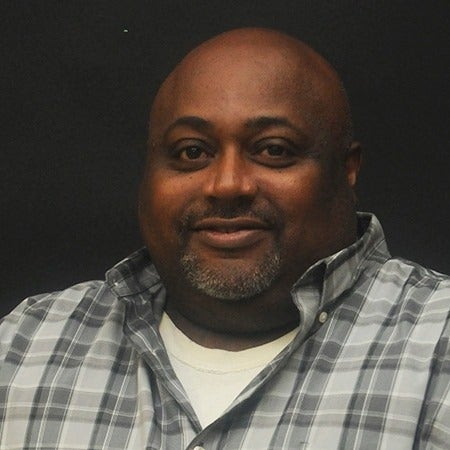Remembering the tragedy of Pearl Harbor
Published 8:38 pm Saturday, December 6, 2014
Yesterday, Dec. 7, 1941 — a date which will live in infamy — the United States of America was suddenly and deliberately attacked by naval and air forces of the Empire of Japan.”
So began President Franklin Delano Roosevelt’s address to a Joint Session of Congress on December 8, 1941 seeking and receiving a Declaration of War.
It had been a sleepy Sunday morning along Battleship Row at Pearl Harbor, Hawaii when the first wave of Japanese carrier based planes attacked at 7:53 A.M. It caught the U.S. Pacific Fleet completely by surprise. By 9:45 A.M. eight battleships had sustained extensive damage with five of the eight sunk.
Also lost were three light cruisers, three destroyers, three smaller vessels and 188 planes in the attack.Thankfully, the aircraft carriers Lexington, Enterprise and Saratoga were out to sea sparing them from the devastating attack.
The death toll included 2,335 service members, and 68 civilians with 1,178 wounded. The explosion and sinking of the USS Arizona accounted for over a thousand crewmember deaths.
It was a dark period of time for our country and launched us head long into World War II.
The war in Europe had been ongoing for some time and we had resisted being pulled into it with troops.
Pearl Harbor was a game changer and like it or not the war was brought to us.
Three days later, Japan’s allies Germany and Italy declared war on the United States and we in turn declared war on them.
President Roosevelt, in his speech before Congress, was reassuring of the outcome to the American people. In two different places he stated with confidence his belief: “No matter how long it may take us to overcome this premeditated invasion, the American people, in their righteous might, will win through to absolute victory.” And further along in the speech he said: “With confidence in our armed forces, with the unbounding determination of our people, we will gain the inevitable triumph. So help us God.”
As a way of speaking directly to the American people Roosevelt initiated the “fireside chats” on radio during his first administration in1933. He would continue the practice throughout his time as president.
As a small child I recall my parents gathering around the battery operated radio to hear the President’s report to the nation.
Roosevelt’s famous quote “the only thing we have to fear is fear itself“ was made during his first inauguration speech on March 4, 1933 in reference to breaking the clutches of the Great Depression. It could have served as well for launching the war effort, but no reference was found whereby it was used for that purpose. There seems to be some question as to whether the phrase is original to Roosevelt or not.
According to some sources, Francis Bacon, English Philosopher (1561-1626), used the phrase some 400 years earlier in his essay on Tribute.
Several years ago, I wrote an article mentioning some of my all time favorite presidents. Franklin D. Roosevelt was absent from the names mentioned and Barbara Byrd, my unofficial contrarian, challenged me as to why.
When I asked why she felt so strongly about Roosevelt, she responded, “because he gave us hope.”
So was the legacy of FDR for many Americans of that era.
He guided the United States through the Great Depression and into World War II with assurance and confidence in the outcome and future of the nation.



